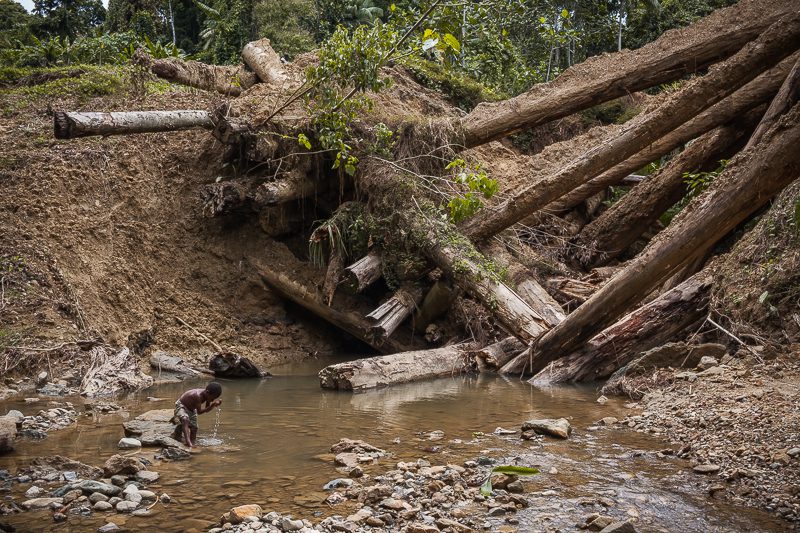In response to the allegations made in Oxfam Australia’s report, Banking on Shaky Ground, the ANZ bank has responded with a disappointing series of feeble denials.
In the face of specific and well substantiated allegations of support for companies that are land grabbing, providing inadequate compensation and employing child labour, the ANZ has replied saying it is only associated with around half of the land grabbing companies that were identified as being connected to them; as if this makes it more acceptable!
Even worse, not only are ‘half’ these companies their clients, we are simply expected to trust the ANZ as to which half, as they refuse to even provide that basic information.
All of this is in light of a bumper $3.4 billion half yearly profit announced this morning.
In a media statement released last Monday, the ANZ reiterated that it takes “… social and environmental concerns seriously throughout our business.” But ANZ customers and shareholders have a right to know if their savings and investments are supporting companies like Phnom Penh Sugar. A company which both Fairfax (incl. The Age and Sydney Morning Herald newspapers) and ABC TV, reported as being involved in child labour, military-backed land grabs, forced evictions and food shortages.
And there are many other examples of ANZ support of companies with similar practices. As one of the 12 companies linked to the ANZ, palm oil company Genting Plantations Berhard stands accused at the Roundtable of Sustainable Palm Oil (RSPO) of expanding new palm oil plantation across 22,000 hectares without following RSPO procedures. This month, the RSPO even took the unusual step of suspending Genting altogether!
These are not isolated cases, but part of a pattern in which ANZ’s finance and other support for agri-business companies does not match their rhetoric of providing sustainable and ethical investment.
All of these allegations (and more) were carefully researched and presented in our report. The ANZ and other big four banks must — amongst other things — take decisive action. Backing land grabs is the trifecta of being socially, environmentally and financially risky behaviour.
The communities being impacted by land grabs need more than wishy washy statements.
The ANZ and other big four banks need to do as Oxfam has asked for almost 2 months now – adopt a “No to Land Grabs” policy and stop contributing to homelessness, hunger and much more.
Tell Australia’s big four banks to say no to land grabs.




